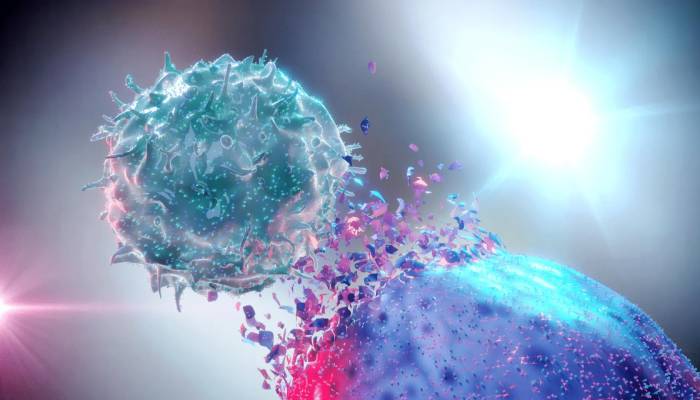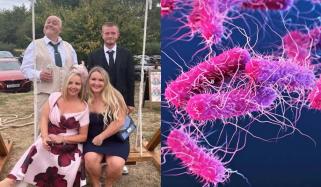
A new innovative treatment has been developed that can cause cancerous cells to revert to their original healthy state.
In the study published in the journal Advanced Science, researchers in Korea have developed a method to control the behaviour of colon cancer cells by using genetic switches.
By adjusting these switches, they were able to make the cancer cells return to a normal, healthy state.
The researchers at the Korea Advanced Institute of Science and Technology (KAIST) used a digital model to study how normal cells develop and found key molecules, called “master regulators,” that control the process of cell specialization in the intestine.
These regulators (MYB, HDAC2, and FOXA2) were found to play a role in making colon cancer cells return to normal-non-cancerous state when they were surpassed.
This process removed the cancer without damaging any of the cells.
The researchers conducted the test through digital simulations, molecular experiments and trials on mice.
KAIS professor Kwang-Hyun Cho, who led the research, said, "The fact that cancer cells can be converted back to normal cells is an astonishing phenomenon. This study proves that such reversion can be systematically induced."
In addition to working with colon cancer cells, the researchers used a digital modelling program to identify four important regulators in the hippocampus region of mouse brains.
Two of these regulators were found to increase the production of certain cells, while one reduced it.















